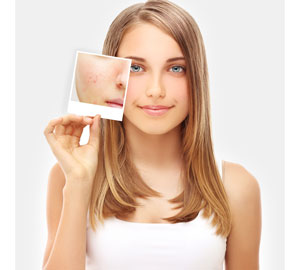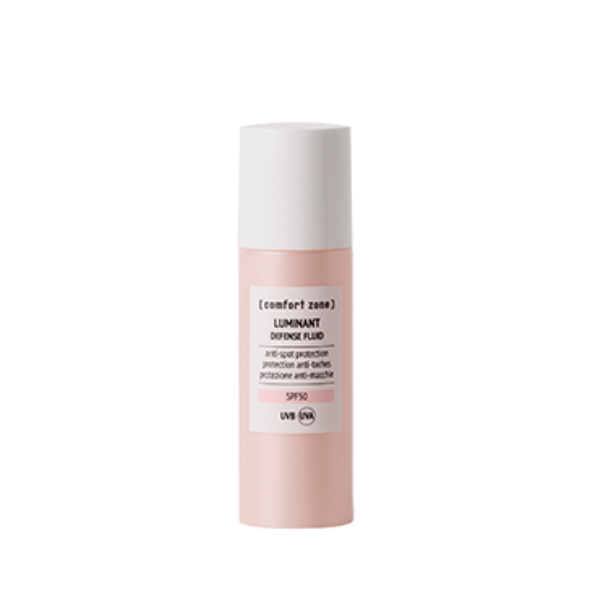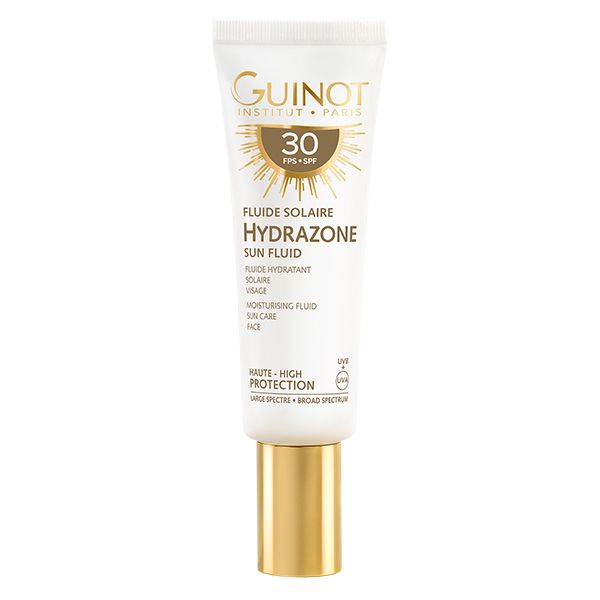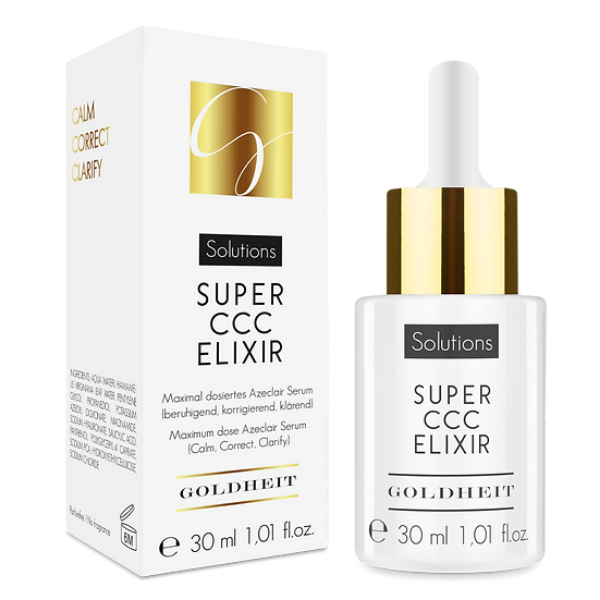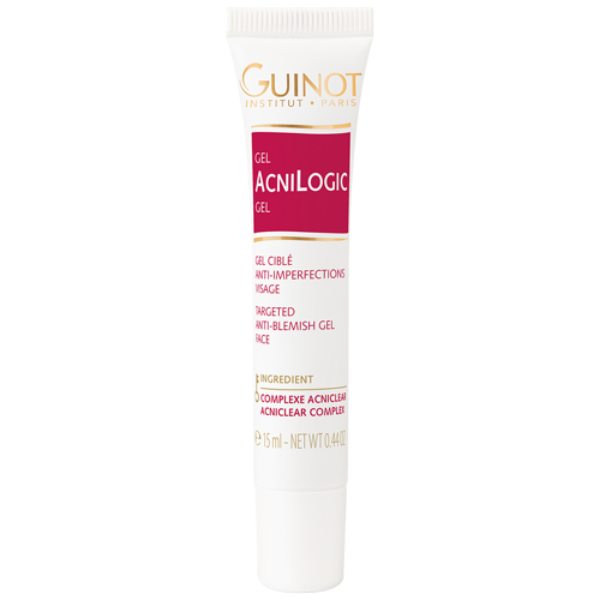Pimples, blackheads, or inflamed spots can be very distressing – not only during puberty but also in adulthood.
Acne develops when sebum, dead skin cells, and bacteria build up inside the pores. This process can be triggered by hormonal fluctuations, stress, or unsuitable skincare products. Diet, sleep, and environmental factors also play a role – the skin reacts to many things that throw the body or daily life off balance.
It’s important not to overdo skincare. Frequent washing, harsh cleansers, or strong degreasing products can disrupt the skin even more. Acne-prone skin needs gentle yet thorough cleansing and care that doesn’t clog pores and preserves the skin’s natural protective barrier. Lightweight, hydrating formulas with ingredients such as niacinamide, zinc, or mild salicylic acid can help calm the skin, reduce excess sebum, and improve overall texture.
Daily habits matter, too. Try not to touch your face constantly or squeeze spots – this can worsen inflammation and cause scarring. Changing pillowcases regularly and cleaning makeup brushes thoroughly helps reduce bacteria. Makeup should always be non-comedogenic, meaning it won’t clog pores. And most importantly: don’t skip sunscreen. UV rays can worsen inflammation and cause dark spots after blemishes heal.
If the skin is very inflamed, painful, or develops frequent breakouts and early scarring, it’s best to consult a dermatologist. Medical support is also recommended for hormonal acne or when the skin no longer responds to regular products. With the right treatment, inflammation can often be reduced quickly.
Conclusion
With a consistent routine, patience, and gentle care, the skin can visibly improve. Acne is not a sign of poor hygiene – it’s a message from the skin that it needs support, balance, and understanding.





